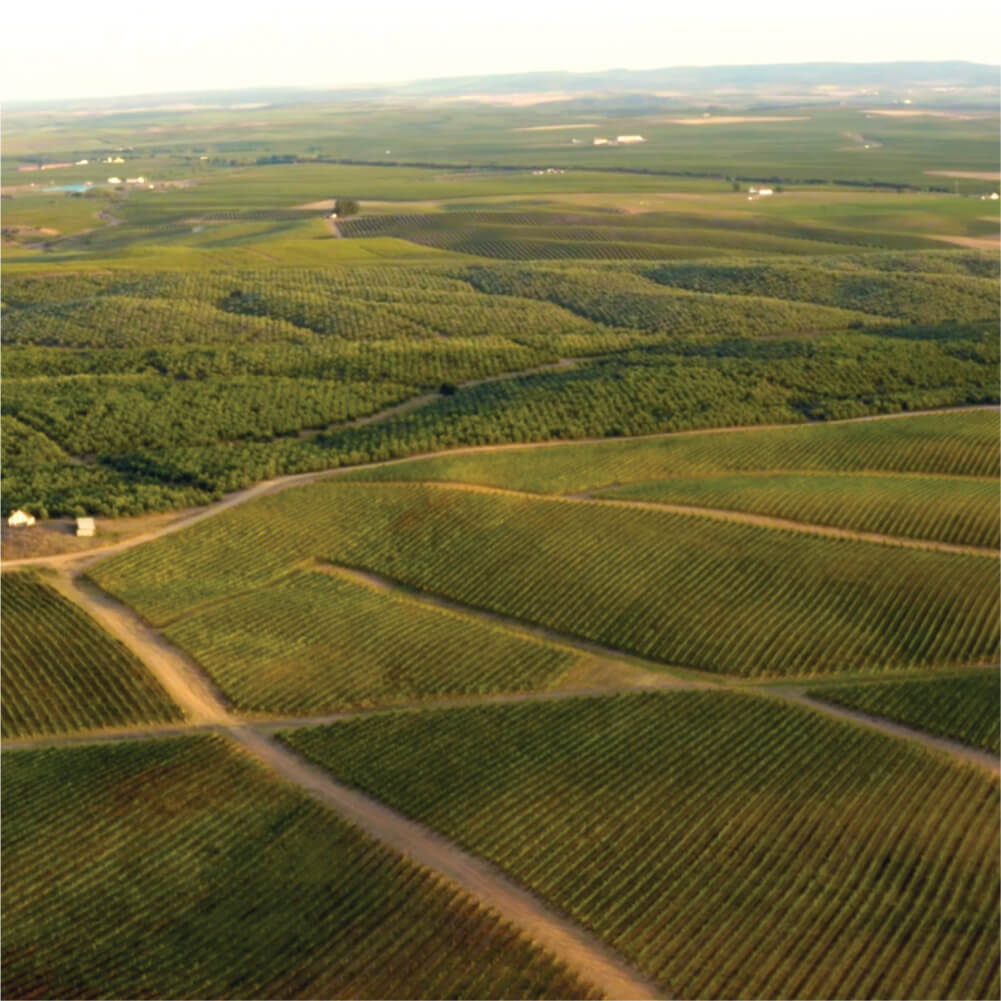01 Mar Ecological Footprint – Protecting natural resources
Every day, through our normal activities and routines, we produce carbon dioxide that is released into the atmosphere, the carbon footprint. These greenhouse gases trap heat in the planet’s atmosphere which in turn contributes to global warming, which has detrimental effects on the environment, human and animal life. For all these reasons, reducing our carbon footprint becomes imperative and is the greenest way to live today.
The Eugénio de Almeida Foundation, in the context of the measures to protect natural resources that it has been implementing in its agricultural activity, recently calculated the carbon footprint associated with the production of the entire portfolio of wines and olive oils.
This innovative project used reference methodologies and revealed that the products of the Eugénio de Almeida Foundation have an environmental performance superior or similar to that of wines and olive oils from various international regions.
The results enabled the identification of opportunities for improvement with environmental and financial benefits and contribute towards an increasingly sustainable management of the Foundation’s production activities. The carbon footprint of the wines of the Eugénio de Almeida Foundation varies between 1.0 and 1.6 kg CO2e/bottle 0.75 l. These results are in line with the available international references, even verifying that the EA and Foral de Évora varieties have footprint values below the benchmark. The carbon footprint of olive oil presents values which vary between 1.0 kg CO2e/bottle for 250 ml glass bottles, and 12.6 kg CO2e/bottle for 5 l HDPE bottles.
As with the wines, the results obtained are in line with the available international references.
